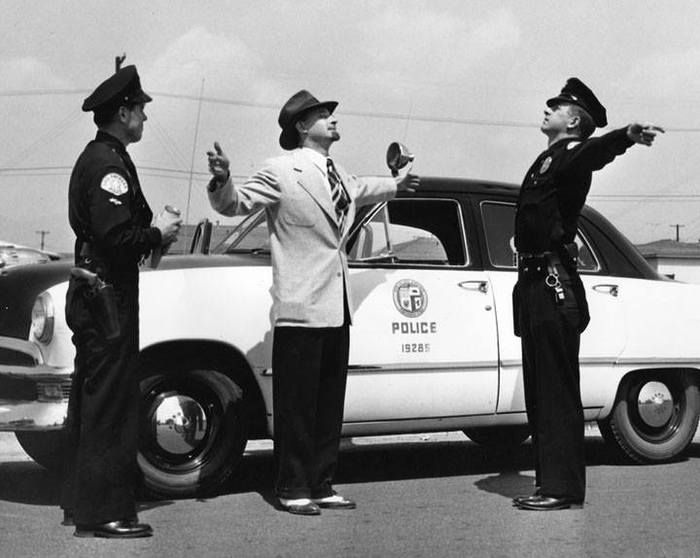
In the continuation of our exploration (Part 1.2) into the Fourth Amendment, we delve into the intricacies of what legitimizes a search or seizure, particularly when executed with judicial approval – that is, a warrant.
Search & Seizure by Warrant
A warrant, essentially a judicial green light, empowers law enforcement to search specific premises (search warrant) or apprehend a particular individual (arrest warrant). Let’s unravel the essential elements that validate a warrant and the criteria for its proper execution.
Firstly, a critical requirement is the involvement of a neutral and detached magistrate, often a judge or bench officer, tasked with scrutinizing the officer’s warrant application. As per Lo-Ji Sales, Inc. v. New York, 442 U.S. 319 (1979), this reviewing authority must remain unbiased, devoid of any conflicts that might compromise fairness.
Secondly, the officer must present an affidavit – a sworn statement under oath – establishing “probable cause.” This entails demonstrating a reasonable belief that a crime’s evidence exists in the targeted location or that an individual has committed an offense. The term “probable cause” is defined by Illinois v. Gates, 462 U.S. 213 (1983) as a collection of facts and circumstances leading a reasonable person to believe in the likelihood of a crime or the discovery of specific crime-related evidence. It goes beyond mere suspicion, requiring concrete and specific facts. The credibility of an anonymous informant, for instance, must be substantiated, as outlined in the Gates case.
In addition to probable cause, the affidavit must exhibit “particularity” by precisely describing the place, items, things, or persons subject to search or seizure. This ensures a focused and limited intrusion, aligning with principles designed to safeguard against tyranny.
A valid warrant comprises probable cause and particularity. However, its execution also demands adherence to certain parameters. The intrusion’s scope must align with the warrant’s authorization – if the warrant specifies searching apartment B, apartment A is off-limits, even if numerically similar. Warrants should be executed within a reasonable timeframe to prevent probable cause dissipation, typically within 14 days as per Federal Rule of Criminal Procedure 41(e)(2)(A). Daytime execution is the norm, with exceptions, and a customary “knock and announce” procedure is followed, unless specific circumstances warrant deviation, as affirmed by Richards v. Wisconsin, 520 U.S. 385 (1997).
Stay tuned for more insights into your rights under the Fourth Amendment. Your understanding empowers you!


